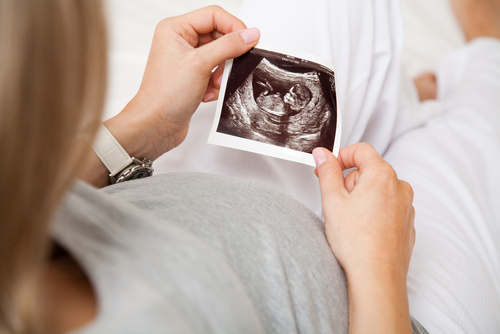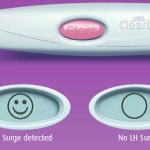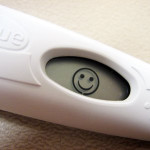Could you please expand on the methods that help in increasing the chances of conceiving? Thanks!”
One of the simplest methods to increase the odds of conceiving is to chart your cycles and watch your body’s signs to try figure out what day you’re most likely to be fertile, which is almost always the 24 hours of the 14th day before the first day of your period. Some women’s cycles are shorter or longer than 28 days: longer cycles mean more days before the first day of your last period, and shorter cycles mean you tend to have fewer. So if you know that your cycles are 31 days long and your last period was the first of October, then the day you’ll most likely be fertile is October 18. But if your period was October 1 and you have a 27-day cycle, you’ll be most fertile in the 24 hours around October 14 and your best bet is to have lots of sex October 13 and 14.
Another option is to try one of the various ovulation predictor kits (OPKs) on the market. There are two kinds: ones that use a urine sample, and ones that use a saliva sample. Urine tests detect the hormonal surge that happens before ovulation. You can also get a false positive with a urine OPK, though, if you’re actually pregnant or if you’re using fertility treatments that contain Clomid within three days of using the kit. There are currently (at least) two kinds of saliva tests: an electronic version, which detects changes in the electrolytes in saliva, and a “manual” version that is basically a microscope: when you’re fertile, saliva dries in crystal-like patterns. You can also detect ovulation by charting your daily temperature and cervical fluid- when you’re fertile your cervical fluid/vaginal discharge will be clear and slippery, like egg white. If your calendar tells you ovulation is near, trim your fingernails, wash your hands, and touch your cervix. Rub the fluid between your fingers- if the fluid’s slippery, clear and thick, the more fluid and the thicker it is, the more likely it is you’re fertile. Good luck!








Leave a Reply